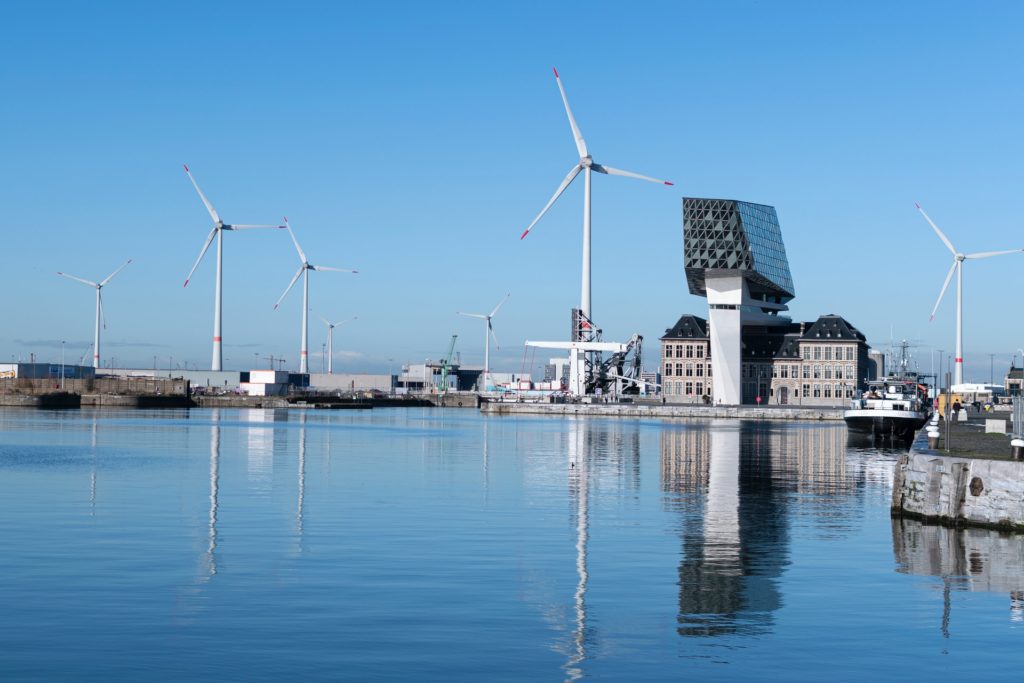The share of renewable energy in global energy consumption stagnated last year as the Covid-19 recovery led to an uptake in the use of fossil fuels, the annual report of the REN21 energy expert group stated on 14 June.
“2021 was supposed to be a different– a new, greener beginning. Yet the global energy transition is not happening,” the report states.
Despite record levels of construction in both solar and wind power, fossil energy has made a significant comeback and is again overshadowing renewable sources in terms of investment and electricity production.
In the last ten years, the share of renewables has not increased enough, the group asserts. In 2009, 8.7% of global energy production came from renewable sources, rising to 12.6% at the height of the pandemic in 2020. No exact statistic is yet available for last year but the report notes that no significant acceleration has been observed.
In 2021, renewable energy capacity reached 316 gigawatts, up 17% from 2020. This allowed for the provision of up to 10% of global power. Unfortunately, the demand for renewable electricity did not match supply, with fossil fuel power stations picking up the shortfall.
Ambition vs. reality
Across the world, the majority of countries had just 0–20% of total final energy consumption from renewable sources. Countries such as Russia, Japan, South Africa, Saudi Arabia, and Morocco consume less than 10% of energy from renewable sources.
Nevertheless, significant milestones were achieved last year. Now, 135 countries have some form of net-zero target. A record $366 billion was invested into renewable energy last year.
Unfortunately, much of this is offset by a 6% rise in CO2 emissions, $5.9 trillion in fossil fuel subsidies in 2020, and the commonplace use of cheaper fossil energy. “Despite increased ambition,” the document states, “the energy transition is at a standstill.”
Related News
- Fluvius to invest €4 billion into preparing grid for green transition
- Almost half of Belgians don't know where their electricity comes from
The war in Ukraine further exacerbates the issue. The report finds that the response to rising hydrocarbon prices has been to increase production or find alternative sources of fossil energy.
“Since the rise in prices and the crisis with Russia, we are witnessing a frenzy in the search for fossil resources,” notes executive director of REN21, Reana Adib. “It is an alarming step back.”
Belgium was recently found to be lagging behind on climate targets. For the second year in a row, Belgium had a “low performance” in reducing greenhouse gas emissions and improving renewable energy production.

